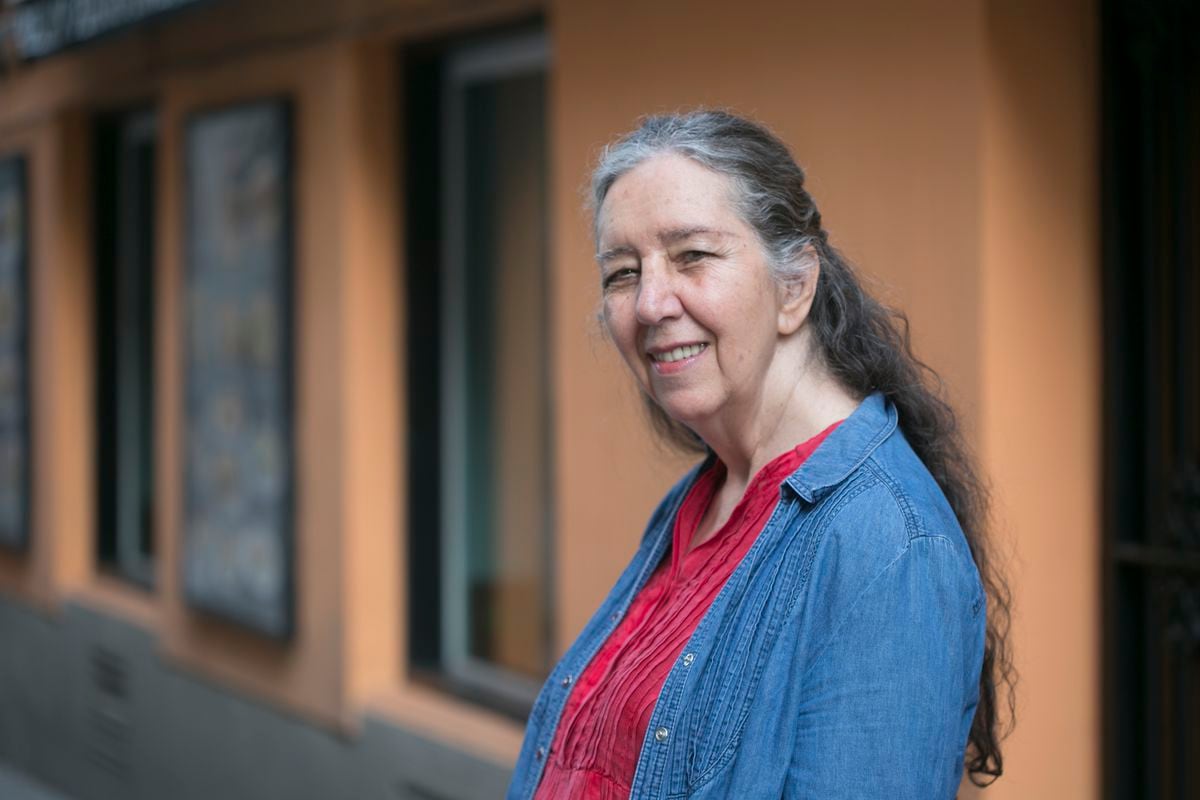The year has barely begun and there are already six women murdered in cases of sexist violence in Spain.
Two of them had filed a complaint and started legal proceedings.
Given this rebound, this Friday the Crisis Committee will meet for the second time —it did so for the first time last December, given the peak that also occurred—, made up of the Ministry of Equality, the Interior and Justice, together with the autonomies in which the murders take place.
The proportion so far this year compared to the past is similar: 19 of the 49 women murdered in 2022 had initiated legal proceedings (39%) and five of them even had protection measures in force (such as restraining orders or cessation of communications by the aggressor).
Of all those murdered, 23 (43%) had a complaint filed (by themselves or by third parties) or there was "institutional evidence" of their case: a higher percentage had never been recorded since the Ministry of Equality collected this data.
What is wrong with the system when a woman who has already warned that she is a victim of sexist violence is murdered is something that is evaluated individually in each case.
But to those cracks that can occur, and that the institutions themselves recognize, is added an issue that can also put women who have started legal proceedings at risk: delays.
Court times in these types of cases are increasing.
The lack of resources and the excessive turnover of the staff in the specialized courts often lengthen the wait, sometimes leaving the victims exposed to their aggressors.
170 days awaiting judgment
The Courts for Violence against Women were created in 2004 to deal specifically with cases of crimes related to gender violence in Spain.
The normal thing is that it takes, on average, 2.7 months to resolve a criminal matter and 8.6 months for a civil one.
That is, an average of 5.6 months of processing, or 170 days, according to the 2021 CGPJ data analyzed by this newspaper.
But the duration of cases in the Courts for Violence against Women in Spain has increased in the last three years.
In 2019, the average time to complete a criminal matter was 63 days.
In 2021, the last year with data, the average had risen to 81.
The estimated average time has grown as a result of the covid health crisis, and it is something that has happened in all the courts.
But that 'stop' has not yet been unstuck: "During the worst months of the pandemic, the courts for violence against women carried out on-call services, issued protection orders and any precautionary measure necessary to protect women and minors... but logically the duration of the procedures was affected”, says Ángeles Carmona, president of the Observatory against Domestic and Gender Violence of the CGPJ.
In 2021 the figures have gotten worse.
“There is clear evidence that there is a lack of means, a lack of resources.
The judicial system lacks a brutal budgetary allocation”, explains a lawyer specializing in gender violence and a member of the Lawyers for Equality association.
From a month and a half to more than a year depending on the community
In addition, the duration of the cases depends a lot on which autonomous community the victim is in;
It has grown since 2012 in all of them, and it has done so even more after the outbreak of covid-19, but there are differences of months between them.
According to the latest data available, in Extremadura, Castilla y León and the Basque Country, the average number of criminal cases in a Court for Violence against Women exceeds 4 months.
On the other hand, in Aragon or Cantabria it barely touches the month and a half.
For Lawyers for Equality, the problem is not the pandemic, but another: “If everything goes well when starting a process, its duration is not so important because precautionary measures are taken.
The important thing is that protection orders are issued,” they point out.
We must also add the breaches of said measures.
On average, in Spain 70% of the protection measures requested in gender violence courts are adopted, a percentage that has improved compared to 2012, when it was 60%.
As of today, the communities that grant the most measures are the autonomous city of Melilla and Aragon.
In Madrid and the Basque Country, on the other hand, barely 50% are granted.
In Catalonia, the percentage is 48%, the lowest in the entire country.
Evidence of a Degraded Judicial System
Since 2012, the year in which the historical series of the CGPJ begins, the duration of these processes has experienced an increase of 12% in criminal matters, and more than 35% in civil matters.
The initial trend was a reduction in times but, from 2016, the average begins to increase, with 2020 being the worst year.
In 2021, the duration stabilized in criminal proceedings and continued to increase in civil proceedings.
The increase in duration is not an exclusive trend of the Courts on Violence against Women: in many courts the blockade caused by the pandemic has not yet been overcome.
Those who have noticed it the most have been the court of the National Social Court and the Supreme Civil Court, which have increased the duration by more than 150% since 2012.
In proportion, the Courts for Violence against Women are among those that have grown the most since the year before the pandemic: the estimated duration of a criminal matter has grown by 28% since 2019;
of a civil matter, 19%.
While the process lasts, victims of gender violence may be at risk.
From Lawyers for Equality they believe that the most important thing is to "use public money to train judges and magistrates well, because if the problem is understood, they realize the danger they are running."
The solution to reduce the time of the processes is evident for the associate of Lawyers for Equality: fully comply with the law.
“The law says that there must be a court specialized in gender violence in each judicial district.
In Asturias, for example, there are only 2, one in Oviedo and another in Gijón.
The rest are not specialized, they support the overload of this subject in addition to what they already have.
If you add to this the lack of training… It leaves women neglected, a consequence of the lack of means”.
One of the worst judicial templates
One of the factors influencing the length of a legal proceeding is the mobility of staff in judicial bodies.
The greater the mobility, the worse the response to the citizen will be, since there will be fewer personnel devoted to gathering the evidentiary material, taking statements, collecting forensic reports, conducting psychological assessments or interviews, among others.
In the Courts for Violence against Women, staff turnover, the percentage of days covered by judges and magistrates, and the interim period in these bodies are much higher than in other courts.
In fact, these courts have the highest rate of rotation of judges and magistrates, and of lawyers, according to the
Report on the mobility of the judicial staff of 2021
of the CGPJ.
Ángeles Carmona, from the CGPJ Observatory, attributes the poor turnover figures in these courts to the impossibility of reforming the Judicial Career Regulations.
“Specific training has been designed for this specialty, but it cannot be implemented without previously reforming the Regulations of the Judicial Career, something that the acting CGPJ cannot undertake as a result of the 2021 reform”, she assures.
Subscribe to continue reading
Read without limits
Keep reading
I'm already a subscriber


/cloudfront-eu-central-1.images.arcpublishing.com/prisa/WPELUPQUZNBGDDGMB6PTNPDWQ4.jpg)





/cloudfront-eu-central-1.images.arcpublishing.com/prisa/LEIC3BARY5C77P635KDG2GRZWA.jpg)






/cloudfront-eu-central-1.images.arcpublishing.com/prisa/IGZ7GOCXZ5GUPAQ2HWGK6Z76BU.jpg)